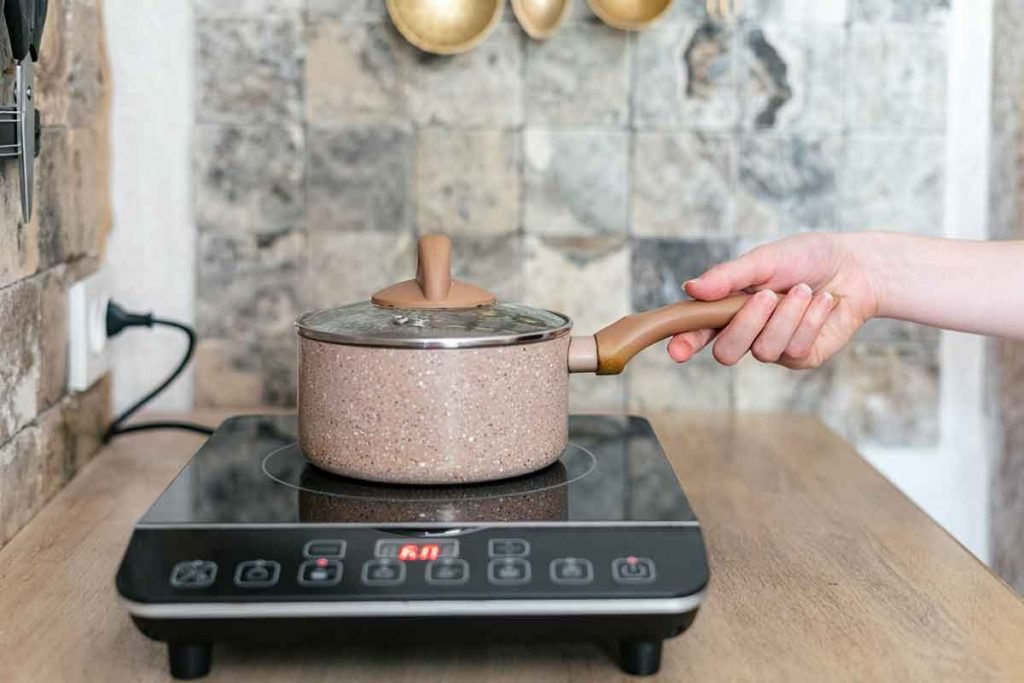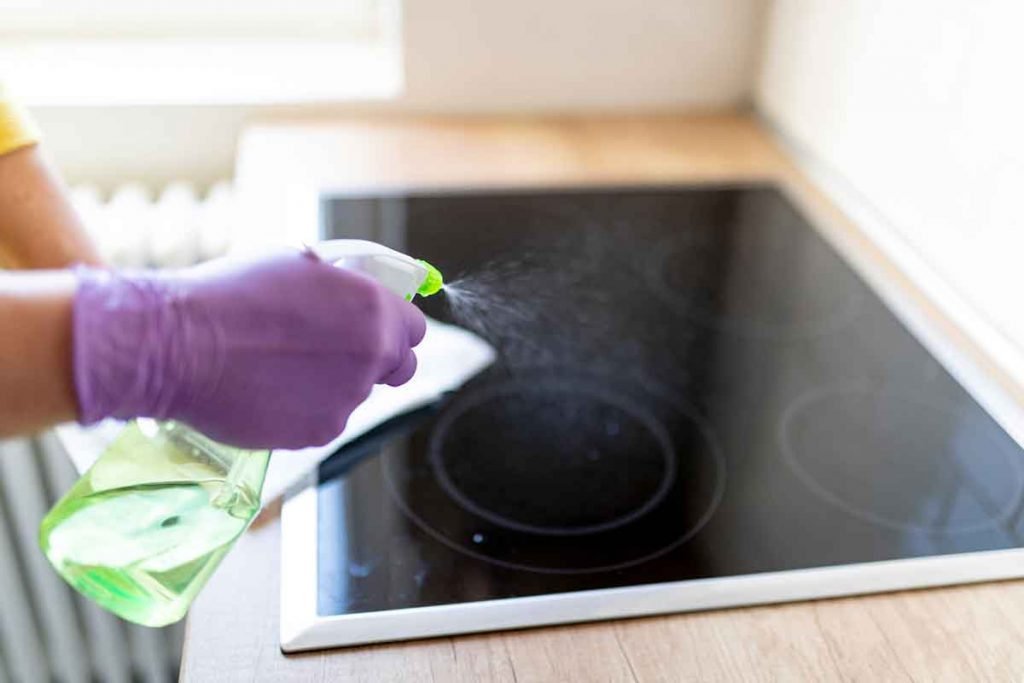While they’ve been around for a while, induction cooktops are still not as popular as gas or electric stovetops. But why is that? In this article, we’ll explore some of the reasons why induction cooking hasn’t quite taken the culinary world by storm and what you need to know if you’re considering making the switch.
So, why isn’t induction cooking more popular? Back in the day, induction cooking used to be pretty pricey. Also, finding the right pan for your induction cooktop was quite a hassle. The options were limited, and therefore you had to settle for cheap cooking options if you didn’t want to break the bank. But nowadays, things have changed!
The prices have dropped significantly, and more and more people are starting to adopt this cooking method. Also, most pans are compatible with induction cooktops, so you don’t have to worry about buying a special set of pans just for your new kitchen appliance. Whether you prefer cast iron, stainless steel, or even copper, you’re good to go. So, if you’ve been considering getting an induction cooktop for your kitchen, now might be a great time to take the plunge.
Why is Induction not Popular in America?
It’s a common question: Why aren’t induction stoves as popular as traditional gas stoves among Americans, especially when they’re more convenient and safer? Well, a big part of the answer has to do with familiarity. Induction appliances first became somewhat common and affordable in the late 2000s. As such, they may feel different enough to feel unfamiliar, which makes some potential owners hesitant to switch. Despite the hesitancy, it’s important to remember the many benefits they offer.
Induction cooktops are safer, and more energy-efficient than traditional gas stoves. They also offer precise temperature control options, faster heat-up times, and a cool-to-the-touch surface. So, if you’re looking to upgrade your kitchen and take advantage of the safest and most efficient in cooking technology, it’s definitely worth considering an induction cooktop.
Are Professional Chefs Using Induction Cooktops?
Yes, more and more chefs are starting to recognize the benefits of using commercial induction cooktops in their kitchens. Induction cooktops offer precise temperature control, which allows them to adjust the temperature of their pots and pans to their desired needs, which is particularly important when cooking delicate dishes. Also, induction cooktops are generally safer than gas or electric cooktops because they don’t produce an open flame or a hot surface. This can be especially important in a busy commercial kitchen where safety is a top priority.
FAQs
⦁ Do chefs prefer gas or induction? Induction cooking hasn’t been as popular among professional chefs as it has been among home cooks. Since induction cooktops have a glass surface, some chefs automatically assume that they can’t be as good as gas. But, that’s not necessarily true because Induction cooktops have come a long way since they were first introduced, and many of them can deliver fast, even heating that’s just as good as gas.
⦁ How long do induction stoves last? Induction stoves are known for their durability and can last for a long time with proper care and maintenance. Typically, an induction stove can last for up to 10–15 years, depending on the brand and model. So, when you’re shopping for an induction cooktop, it’s always a good idea to ask about the expected hours of use and the lifespan of the unit. And don’t forget to check out the warranty too! Also, regular cleaning is essential to prolonging the life of your induction stove. However, avoid using abrasive cleaning materials or harsh chemicals that can damage the glass surface or the induction coils. With the right care and maintenance, your induction cooktop can provide you with years of cooking pleasure. ⦁
Do induction cooktops use more electricity? Induction cooktops use a unique technology that heats up the cookware directly through a magnetic field, which means that the heat is contained within the cookware itself. This process leads to less heat loss and more efficient energy usage, resulting in 85-90% of the heat energy generated being used for cooking. In contrast, gas and electric stoves waste up to 30% of their heat energy, with only 70% of the heat energy generated being used for cooking. This means that induction cooktops are significantly more energy-efficient than gas or electric stoves. Not only does this make them much more environmentally friendly but they are also, but they are also a cost-effective option.
Conclusion
If you’re considering purchasing an induction cooktop, there are a few factors to keep in mind. Your budget, style, and personal preferences will ultimately help you narrow down your choices. But with a little research, you’re sure to find an induction cooktop that’s perfect for your needs. So, take your time and pick the cooktop that works best for you. With their many benefits and features, induction cooktops are definitely worth considering as a valuable addition to any modern kitchen.



